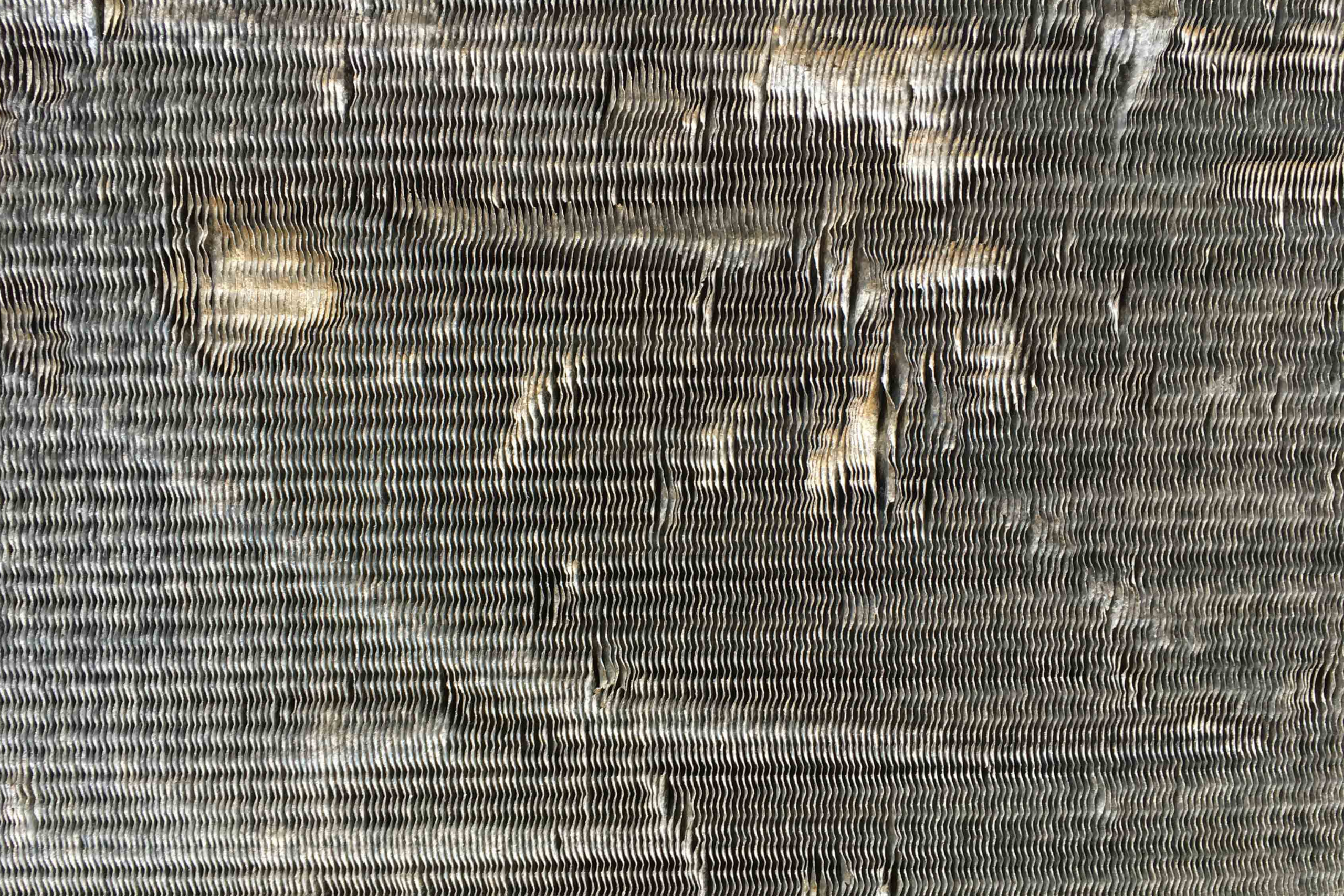How Do I Stop My Aircon from Rusting?
Graphene Manufacturing Group provides four strategies you can implement to stop your air conditioning units from rusting.
Rust is a common problem for air conditioning units – particularly in coastal locations. The development of rust not only affects cooling performance but can lead to refrigerant leaks and even unit failure. However, with some diligent maintenance and the right corrosion prevention methods, you can stop rust in its tracks.
In this blog, we provide four tips for rust and corrosion protection, helping you to maximise your air conditioning units’ lifespan.
Regular Maintenance
One of the best ways to prevent rust and corrosion in your air conditioning is through regular maintenance. This involves simple tasks that you can perform yourself or have a technician handle annually. These include…
- Cleaning the Condenser Coils – The condenser coils on the outside of your air conditioning unit can accumulate dirt, debris and other build-up over time.
- Checking Refrigerant Levels – Your air conditioning system relies on refrigerant to produce cool air by absorbing heat. Over time, refrigerant levels can drop due to slow leaks.
- Replacing Air Filters – Dirty air filters block airflow and reduce your air conditioning system’s ability to cool your home. Check your filters monthly during heavy usage seasons and replace them as needed.
Performing these simple tasks goes a long way in preventing rust and other corrosion issues.
Proper Installation
Installing your air conditioner properly is crucial for corrosion prevention. Be sure to follow the manufacturer’s installation guidelines precisely. Proper airflow is key – don’t block vents or restrict airflow around the unit.
Furthermore, you should allow adequate space for air intake and outlet. Position the unit so that air can circulate freely and exhaust heat efficiently. Trapped hot air leads to higher operating temperatures and accelerated corrosion.
Limit Moisture
Controlling moisture is crucial for preventing rust in air conditioners. When humid air condenses on the cold coils and metal surfaces, it creates moisture that can lead to corrosion.
Here are some tips for limiting moisture…
- Ensure proper drainage and flow of condensed water away from the unit. Clogged drain lines or pans can allow water to pool around the air conditioner, accelerating rust and corrosion.
- Ensure the unit is properly levelled so that water drains out of the base pan and does not pool.
- Install splash guards above the air condition unit to prevent rainwater from dripping directly onto it.
Effectively managing moisture and humidity levels can significantly enhance your air conditioning unit’s corrosion protection.
Protect from Elements
Since exposure to the elements can contribute to rust formation, keeping your AC unit covered and sheltered is key.
To achieve this, avoid installing air conditioning units where they will be exposed to extended periods of direct sunlight and rain. Place units on shaded north or east-facing walls when possible. Overhangs, awnings or landscaping can also be used to block excessive exposure to the elements.
Anti-Corrosion Coatings
An incredibly effective way to prevent rust and corrosion on air conditioning units is by applying an anti-corrosion coating. Protective coatings form a barrier between the metal surface and the environment, preventing moisture and oxygen from reaching and corroding the metal.
Coatings such as THERMAL-XR® leverage the exceptional properties of graphene, an advanced nanomaterial made from carbon. With its unique molecular structure, graphene forms an impenetrable shield against rust and oxidation. It also has superior thermal conductivity, helping improve heat dissipation in air conditioning systems.
If you’d like more information on how THERMAL-XR® can provide corrosion prevention and improve the efficiency of your HVAC systems, contact us today.

